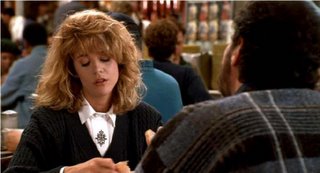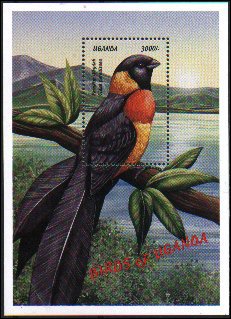
Beckett fact no. 24.
This is the former barracks, later borstal and now reconciliation centre in the 'pestilential hamlet' of Glencree, as so described in
Mercier and Camier.
'How beautiful the bog', Camier tells Mercier. The pseudocouple then pause by the Lemass memorial on the Featherbed mountain:
It was the grave of a nationalist, brought here in the night by the enemy and executed, or perhaps only the corpse brought here, to be dumped. He was buried long after, with a minimum of formality. His name was Masse, perhaps Massey. No great store was set by him now, in patriotic circles. It was true he had done little for the cause. But he still had this monument. All that, and no doubt much more, Mercier and perhaps Camier had once known, and all forgotten.
{end quotation}
Lemass was the brother of Sean Lemass, later Taoiseach, and hence the uncle-in-law of Charles Haughey, a miserable picture of whom at a memorial event on the mountainside I remember from a long-ago
Irish Times. Which reminds me of a passage from
First Love possibly inspired by the same monument:
What constitutes the charm of our country, apart of course from its scant population, and this without the help of the meanest contraceptive, is that all is derelict, with the sole exception of history's ancient faeces. These are ardently sought after, stuffed and carried in procession. Wherever nauseated time has dropped a nice fat turd you will find our patriots, sniffing it up on all fours, their faces on fire.
{end quotation}
Oscar Wilde was surreptitiously baptised by his nurse at the Catholic adjoining the barracks.
A dinner party in Glencree is mentioned repeatedly in
Ulysses.
And then there is Synge's poem 'To the Oaks of Glencree':
My arms are round you, and I lean
Against you, while the lark
Sings over us, and golden lights, and green
Shadows are on your bark.
There'll come a season when you'll stretch
Black boards to cover me;
Then in Mount Jerome I will lie, poor wretch,
With worms eternally.

















































